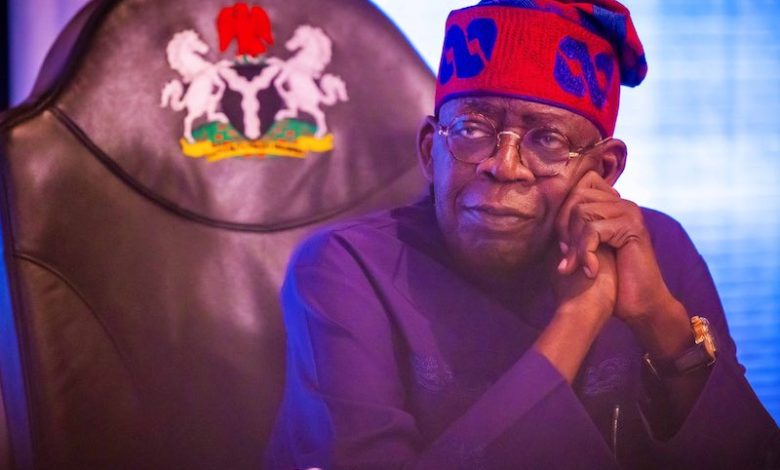
The Bola Tinubu-led federal government has come under scrutiny for failing to provide transparency in its 2025 fiscal activities, as key public records on federal spending have become largely inaccessible.
A review by SaharaReporters shows that critical budget performance and expenditure reporting systems, historically used to track federal government spending, have not been updated for months, sparking fears of systemic opacity.
Notably, the Budget Office of the Federation has not published any performance report since the second quarter of 2024.
This marks a break in a long-standing tradition of quarterly budget performance reporting that dates back to 2009, with only minor lapses in 2010 and 2020.
The Central Bank of Nigeria (CBN) has also failed to release its monthly economic reports beyond February 2025, leaving a gap of at least five months unaccounted for.
Equally concerning is the state of the Open Treasury Portal, a platform designed to allow real-time tracking of government spending, which currently does not display any 2025 expenditure data from federal ministries, departments, and agencies.
Experts say the absence of these reports undermines public trust and violates existing fiscal transparency laws.
Section 30 of the Fiscal Responsibility Act of 2007 mandates the Minister of Finance, through the Budget Office, to monitor and evaluate the implementation of the annual budget and publish quarterly reports “not later than 30 days after the end of each quarter.”
The law also requires that such reports be made available on the website of the Ministry of Finance and in the mass media.
Fiscal responsibility advocates warn that noncompliance with this legal requirement not only weakens budget oversight but also opens the door for unchecked abuse of public funds.
The silence from the relevant agencies, combined with growing public demand for transparency, has raised serious questions about the Tinubu administration’s commitment to open governance.
